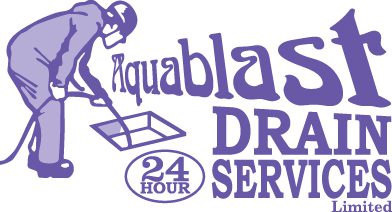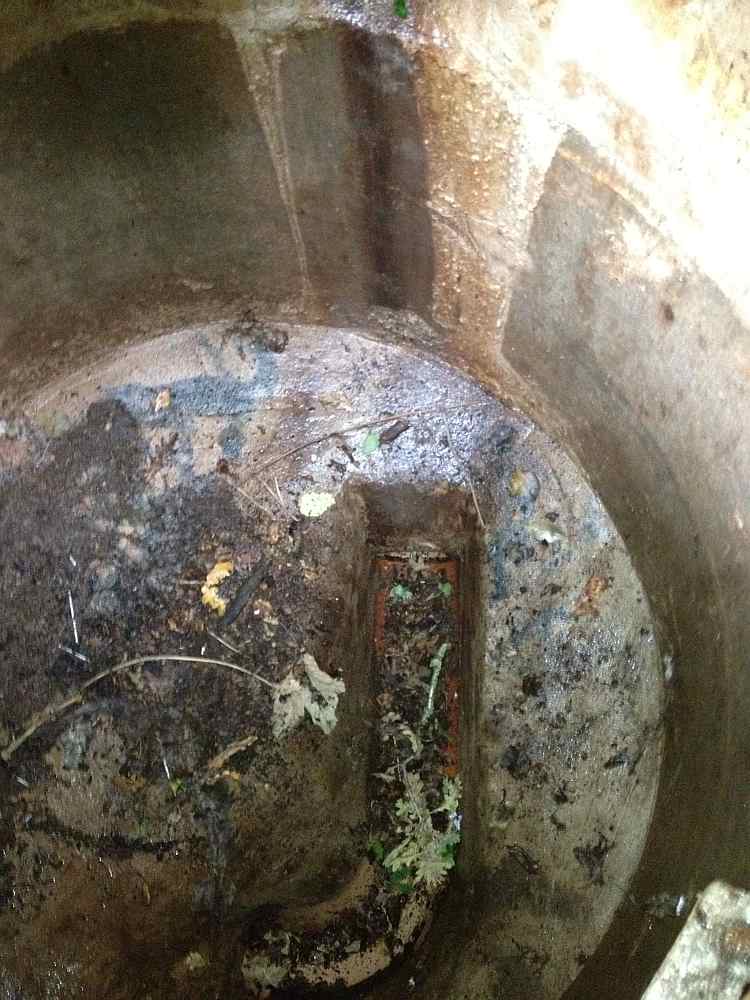
Septic tank emptying – why should you do it, when should you do it and what’s involved?
Septic tank emptying – why should you do it, when should you do it and what’s involved?
So, most of us know what’s involved in filling up a septic tank. Although of course it’s not just yesterday’s lunch that finds its way into your septic tank, there are other types of waste that end up there too. Water from your showers and sinks, as well as the waste water from your dishwasher and washing machine typically also flow into your septic tank, creating quite a cocktail!
Septic tank emptying – why is it needed?
All septic tanks have an outlet, a pipe that runs from the tank and which typically flows to a drainage field or soakaway system. This is a network of perforated or slotted pipes which allow the waste water from your septic tank to percolate safely into the ground without causing a pollution. Your septic tank itself doesn’t treat the waste, instead it separates out the waste into three different layers – the attractively named ‘scum’, the slightly more tolerable ‘separated waste water’ and at the bottom, the delightfully labelled ‘sludge’. It is only the separated waste water which leaves your septic tank and heads for the soakaway system, the other more solid stuff stays in the tank. It’s all this which needs to be emptied out regularly.
What happens if you don’t empty your septic tank regularly?
Bad things. Unless of course you’ve long since fancied a unique (and pungent) new water feature in your garden. Not emptying your septic tank regularly can result in a few different problems – toilets taking longer to flush, gurgling sounds in your pipes, even waste backing up to your house. It can also mean that the wrong kind of waste escapes from your septic tank out into the soakaway system, blocking it up and forcing the waste to pool above ground. Not only is this bad news for you, it’s also bad news for the environment as the waste can pollute local watercourses.
When should you get your septic tank emptied?
There are no hard and fast rules about this, but a general rule of thumb is that you should be getting your septic tank emptied approximately once a year. This can vary depending on how many people live in your house, and therefore how much waste fills the tank. It also depends on whether your septic tank is appropriately sized for your property – for example, if a property has been extended over time, it may be that the septic tank has not been upgraded to cope with the extra waste. Therefore, a larger tank which is underused could cope with a longer gap between empties, whereas as an undersized or overused tank may need to be emptied more regularly.
Generally speaking, if you work to once a year, that is a good place to start.
What’s involved in septic tank emptying?
A local septic tank emptying company will send out one of their tankers with a long flexible hose. The tanker operator will insert this into your septic tank and a powerful suction force is then used to empty all the waste out. Luckily for you, this will be the last you’ll see (or smell) of it, and they will take it away and dispose of it properly.
On that note, you must ensure that whoever empties your septic tank carries the appropriate waste disposal license. You can use the link below to the Environment Agency to check who carries the correct license:






